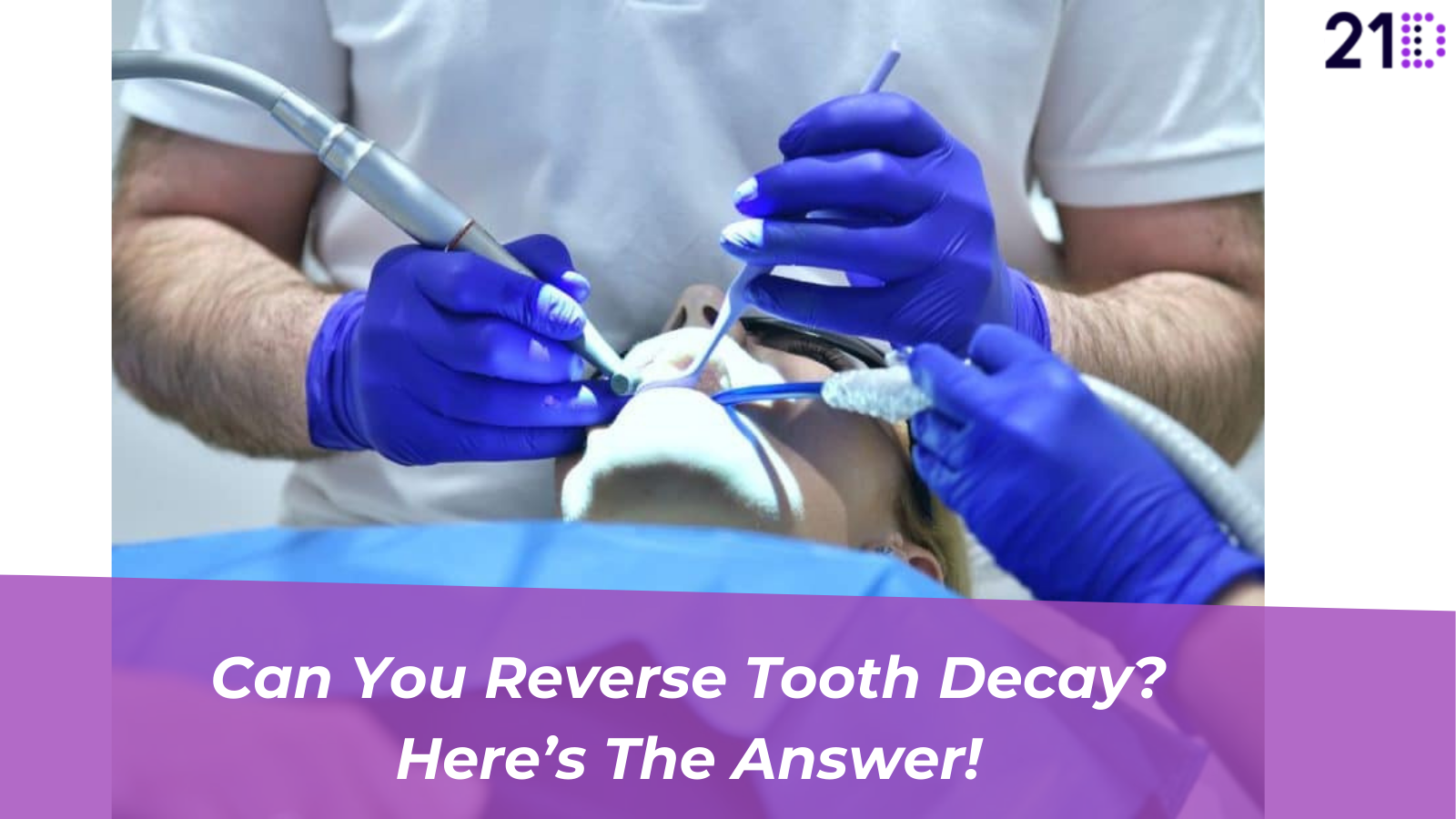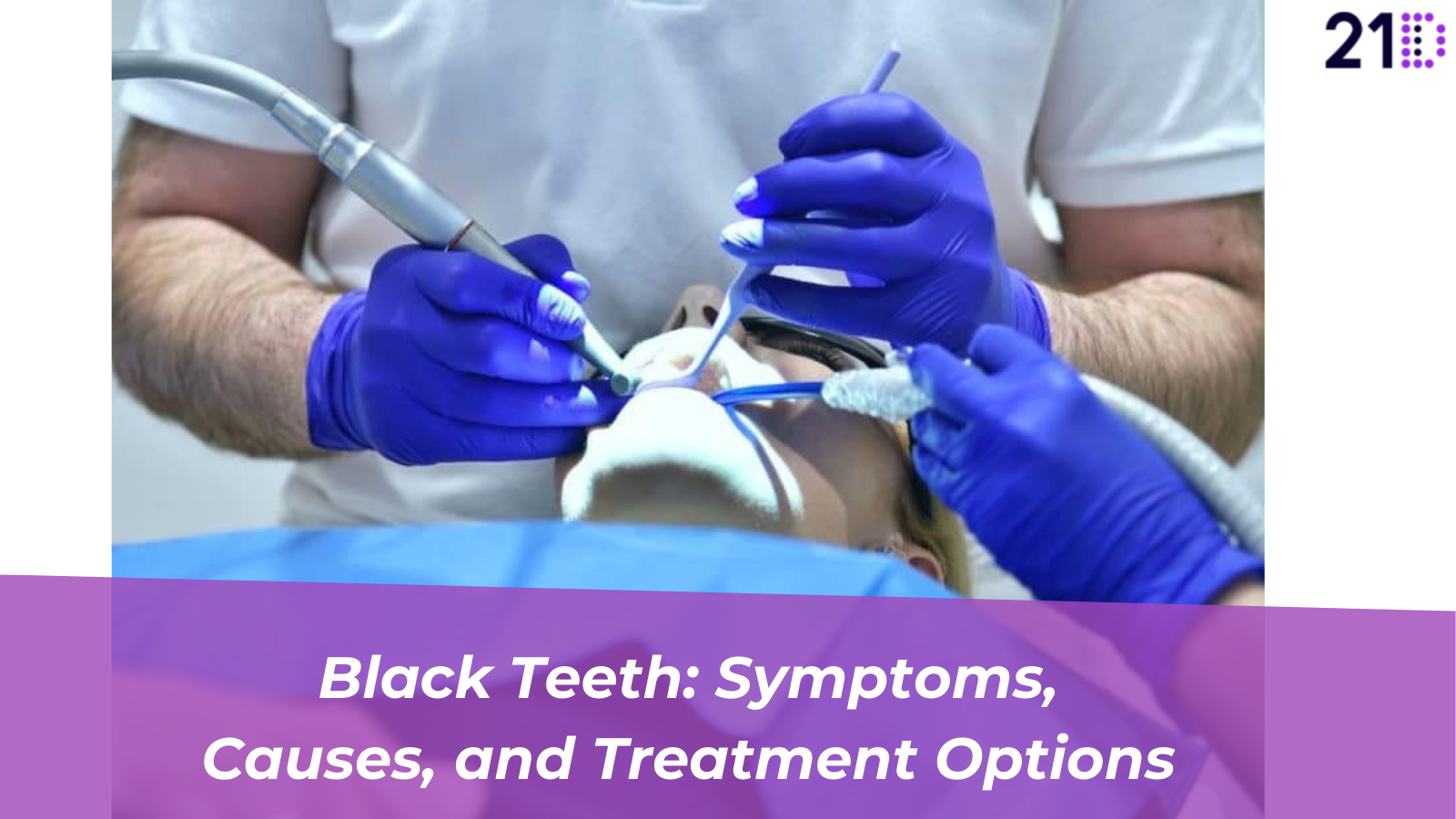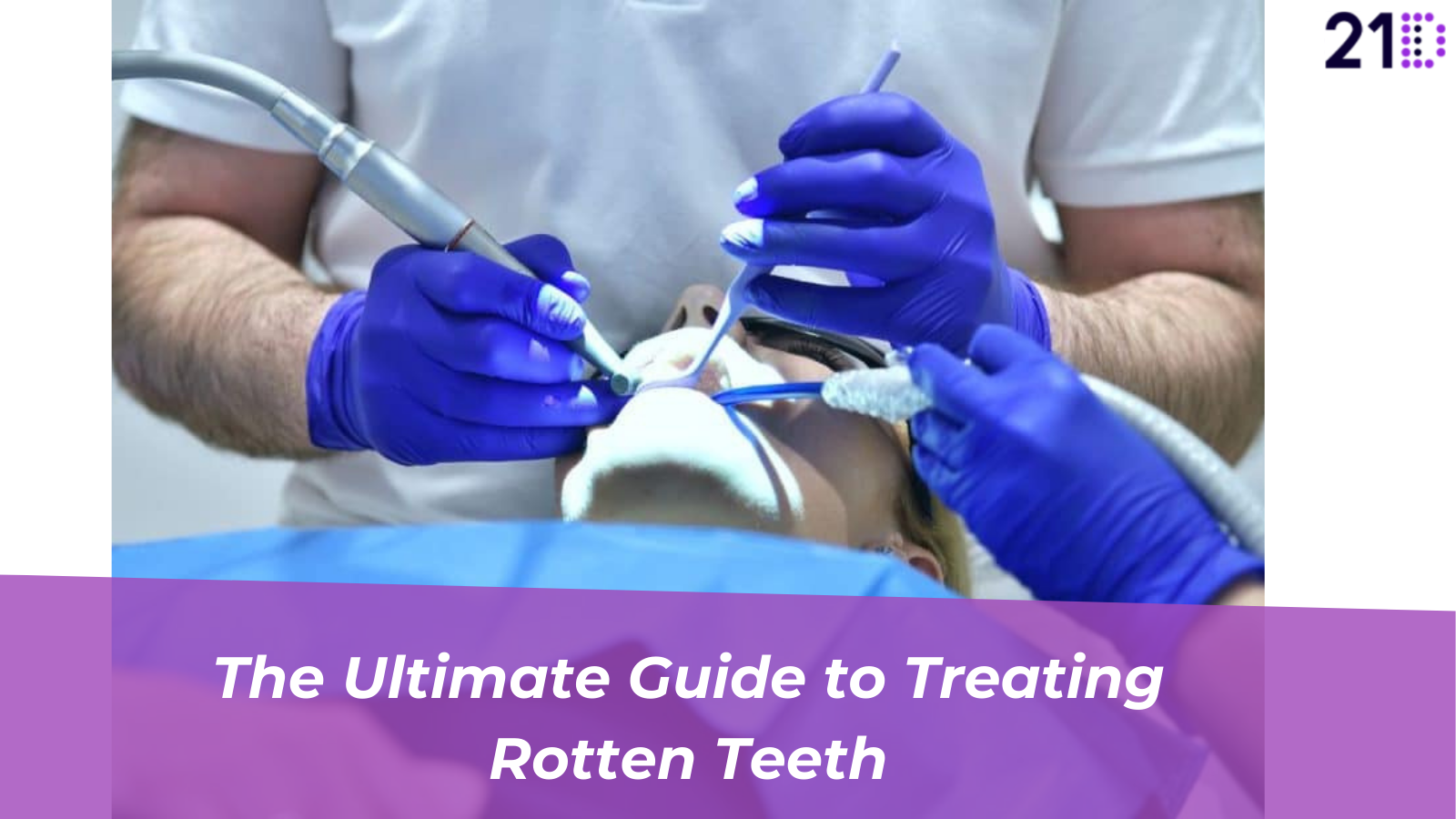Caring for healthy teeth is crucial for general well-being, self-confidence, and overall appearance. Dental implants are known for their stability and durability, making them an excellent option for restoring missing teeth and your beauty and functionality.
They prevent bones from thinning out, thus preserving jaw structure and facial contours. These implants provide a supportive root that is as strong as the natural teeth, making a significant difference in appearance, speech, and chewing ability.
While they provide several advantages, you may still ask, “Will dental insurance cover implants?” We offer a detailed guide to help you better understand dental insurance and its limitations regarding implant coverage.
Keep reading to learn more about dental implants, what insurance usually includes, and the strategies you might use to get insurance for these life-changing dental services.
Understanding Dental Implants
A dental implant replaces a missing tooth with a metal stud or post implanted into the jawbone. This holds the crown or false denture in place. As opposed to bridgework or dentures, implants offer a more stable and permanent treatment as they are designed to function just like the original teeth.
The first step involves placing the implant post in the jawbone through a surgical procedure. Bone grows around the post with time, resulting in a stable base. After integration, the abutment is attached to the post, connecting the implant and the replacement tooth.
The last step in the process is the fabrication of a permanent crown, denture or bridge fitted onto the abutment, completing the restoration. Implants are developed to replicate the appearance, stability, and functionality of natural teeth, thus making them the best replacement option for many patients needing a permanent solution for tooth loss.
Cost Of Dental Implants in the UK
In the UK, the price for dental implants varies enormously, whether done at a private hospital or through the National Health Service (NHS). While dental implants in the private sector can be very costly, prices are often as high as £1,400 per tooth. Multiple teeth implants may cost as much as £2,500, including replacing implants and various components, like crowns.
Extra charges of about £200, including X-rays and gum cleaning, will be added to the final bill. NHS dental implants are another cheaper option, ranging from £300 to £500. When budgeting for dental implant procedures, it is necessary to pay attention to these issues and explore all available possibilities to ensure affordability and quality of treatment are not compromised.
What Is A Dental Insurance?
Dental insurance covers common treatments, such as check-ups, general dental operations, and emergency visits. While NHS practices or private clinics can be used as sources for reimbursement, the patient must pay for some significant shares of the treatment. You will almost certainly have full reimbursement for NHS dentists, while a private practitioner will give you partial reimbursement.
Generally, the pay-up-front policy is in force, and the reimbursement claim is sent only after one or three months of owning the insurance. There is also an annual cap limit on the number of claims that can be made for specific treatments. Remember that most dental procedures, such as whitening, are not included. Most policies have age restrictions and may offer no-claims discounts, too.
How Does Dental Insurance Function?
Dental insurance acts as a financial security net that reduces dental treatment costs, which would otherwise be a heavy financial burden on individuals or families. Here’s a breakdown of how dental insurance typically operates:
Premium Payment
The monthly premium the subscriber or the employer must pay the insurance company guarantees dental services coverage.
Waiting Period
Some plans have a waiting period before they cover certain dental services, such as more expensive treatments beyond essential check-ups.
Primary Dentist Requirement
Some plans, however, require enrollees to select a primary dentist who can serve as the point of contact for all their dental needs and coordinate any specialised care as necessary.
In-network vs. Out-of-network
The dental insurance plans may have a network of preferred providers. These plans can provide full coverage for the services rendered within the network, while out-of-network providers may result in higher bills for out-of-pocket costs.
Frequency and Limitations
The extent of coverage is determined by disclosing the frequency of services provided and any limitations, such as the number of cleanings per year or a waiting period for some procedures.
Deductibles and Coinsurance
Individuals may have to pay an annual deductible before insurance coverage begins. After that, they will be responsible for coinsurance, which will be shared between the individual and the insurer.
Annual Maximum and Copays
Plans often have an annual maximum amount for benefits, including partly paying for some services.
Preventive Care
Most plans offer preventive services like examinations and cleaning at little or no cost to encourage using these services more often and prevent problems from occurring.
Coverage Breakdown
Dental insurance policies are usually designed to divide the coverage of different types of dental care into preventive, restorative, or orthodontic procedures, with differing levels of coverage for each type. Get familiar with these categories to get the most optimal plan for your healthcare needs while staying within your financial limits.
Types Of Dental Insurance Plants
Dental insurance plans come in different forms and give different coverage options, allowing individuals to select the best option for them and their budget. Here are the most common types of dental insurance plans available:
Preferred Provider Organization (PPO)
Like health plans that operate on the PPO model, these plans also have a list of dentists and medical care providers who accept the plan. In-network providers make low out-of-pocket costs, while out-of-network services may incur more expenses.
Dental Health Maintenance Organization (DHMO)
DHMOs function similarly to health insurance HMOs, with a network of dentists agreeing to pay a fixed sum (copays) or even for free. Despite this, going to an out-of-network dentist may not be possible, and if the option is available, they might be responsible for meeting the expenses themselves.
Discount or Referral Dental Plan
This plan offers discounted prices on dental procedures provided by participating dentists but does not cover the cost of care. Dentists participate by providing dental services at a diminished rate for the plan members, making it manageable and ideal for those seeking essential dental services.
Private Dental Insurance
People can select individual dental insurance plans to buy from insurers, HealthCare.gov, or insurance brokers. This option allows people with various needs and preferences to choose a customised coverage plan apart from employer-sponsored plans.
Does Dental Insurance Cover Implant Surgery?
Dental insurance coverage for implant surgery differs from one plan to another, as implants are still considered a niche treatment area in the dental community.
Some insurers consider implants necessary dental interventions, while other companies consider them elective or cosmetic, which means that some patients are not covered.
The most crucial thing in this regard is to get familiar with the particulars of your policy since coverage may differ significantly depending on the plan.
Percentage of Coverage
The level of coverage will vary if the implants are covered—some comprehensive plans, although quite rarely, provide complete coverage accommodation. Generally, an insurance policy pays a portion of the total amount, which usually varies from 80% to 50%. On the contrary, other policies could offer the same amount toward the procedure apart from the total cost.
Annual Maximums
Your insurance plan’s yearly upper limit is critical because it may include a cap on the amount of money the insurance company pays for dental processes within 12 months. Covering implant surgery requires active engagement and communication with your dentist and insurance provider. By discussing your treatment plan with them, you can gain clarity on the costs involved and the level of financial assistance available.
Dental Insurance Exclusion and Limitations
Navigating dental insurance can feel like decoding a complex puzzle, especially when understanding exclusions and limitations.
Standard Exclusions or Waiting Periods Associated with Implants
In the realm of dental insurance, patience is often a prerequisite. Many plans impose waiting periods for dental implants, typically 6 to 12 months. During this period, policyholders must wait before claiming benefits for implant procedures.
This precautionary measure aims to deter individuals from exploiting the system by immediately undergoing expensive procedures after enrolling in a plan.
Moreover, while basic dental procedures may be covered from the outset, more intricate treatments like implants might be classified under an “exclusion” category for new policyholders. This designation means that the treatment is covered once the waiting period expires, further delaying access to benefits.
Annual Maximums and Their Impact on Implant Procedures
Most dental insurance policies include an annual maximum, representing the highest amount the insurance will pay for dental procedures within a year. For example, if your yearly maximum is £1,500 and a dental implant procedure costs £3,000, even with 50% coverage, the insurance will only pay up to £1,500. The remaining balance becomes the patient’s responsibility.
Annual maximums pose significant limitations, particularly when multiple implants or additional dental work are needed in the same year. Strategic planning may involve spacing out treatments over several years to optimise insurance benefits.
Pre-existing Condition Clauses
The dreaded “pre-existing condition” clause is standard in dental insurance policies. If a tooth was missing before the policy’s inception, it may be deemed a pre-existing condition, potentially excluding coverage for the implant procedure related to that tooth. However, the presence and interpretation of this clause vary among policies, necessitating clarity from the insurance provider regarding coverage for pre-existing conditions.
Dental Insurance Alternatives For Implants
Navigating the path to a perfect smile with dental implants can sometimes feel overwhelming, especially when wrestling with insurance intricacies. But don’t let those hurdles dampen your spirits! There are alternative insurance options and financial tools that can make the implant journey more financially manageable. Let’s delve into a few of these lesser-known avenues.
Dental Savings or Discount Plans
Unlike traditional dental insurance, dental savings or discount plans aren’t a form of insurance. Instead, think of them as membership schemes. For an annual fee, you gain access to a network of dentists who offer their services at significantly reduced rates. These plans can be an attractive option because:
- There’s no waiting period. Sign up today and get a discount tomorrow.
- There are no annual maximums to keep track of.
- Procedures like dental implants, often not covered under standard insurance, can be available at discounted rates.
However, check which dentists in your area accept these plans and compare the discounted prices to standard rates to ensure you’re truly getting a deal.
Stand-alone Implant Insurance
As dental implants continue to soar in popularity, some insurance providers have spotted the trend and now offer stand-alone implant insurance. These policies specifically cater to those looking at implant procedures:
- They often have higher annual maximums or even no maximums at all.
- They might have shorter waiting periods compared to standard dental insurance.
- Typically, they’ll cover a higher percentage of the implant cost.
However, premiums for these policies might be higher, so always run the numbers to see if it’s cost-effective for your situation.
Riders or Add-ons for Existing Dental Insurance
If you already have dental insurance that doesn’t cover implants or has too many restrictions, all’s not lost! Some insurance providers offer riders or add-on coverages. These are additional policies that work in tandem with your existing plan to fill the gaps:
- Riders can be tailored to cover specific treatments, like implants.
- They might have separate annual maximums or different waiting periods.
- Premiums for riders are added to your existing policy’s premium.
Speaking directly with your insurance provider is an excellent way to explore this option. They can give you the low-down on available riders and how they integrate with your primary policy.
How To Save Cost On Dental Implant Surgery?
Are you one of the many adults who are self-conscious about their smiles? Dental implants can regain your confidence if missing teeth are holding you back. Dental implants can be life-changing for patients. But unfortunately, many patients put off getting them because of the cost. Dental implant costs can seem daunting, but there are several things you can do to lower the cost so you can enjoy the benefits of dental implants. Here are some tips to Save Cost on Dental Implant Surgery
1. Do Your Research
Understanding the steps necessary to get dental implants will help you ask more informed questions and get better pricing.
2. Shop Around
Lower dental implant costs by getting a second or even third opinion. Dentists that focus on dental implants can often give you the best deal.
3. Use Dental Insurance
Maximise your benefits to lower the cost of dental implants. Contact your dental insurance carrier to learn more about your benefits and how to make the most of them.
4. Cut the Extras
Get a quote from an implant specialist who is more likely to offer affordable dental implants and avoid unnecessary procedures.
5. Ask About a Payment Plan
Many dentists offer flexible payment options, allowing you to get dental implants immediately and pay over time. You may negotiate competitive prices or self-finance if you don’t have insurance.
Factors That Affect Dental Implant Insurance
Dental implant insurance doesn’t come with a one-size-fits-all policy. Multiple factors can sway what gets covered and what doesn’t. Understanding these is essential to avoid any unwelcome surprises down the line. Here are the factors That Affect Dental Implant Insurance
Age And Health of the Patient
Insurance providers may have stipulations based on age, favouring younger patients who may benefit from implants for a more extended period. Additionally, overall health, especially oral health, can influence coverage, with insurers preferring candidates with good oral hygiene for more successful procedures.
Reason for Tooth Loss (Accident vs. Decay)
The cause of tooth loss can significantly impact coverage eligibility. While some health insurance policies cover tooth loss due to accidents, decay-related loss might be more challenging.
The Material of the Implant
While titanium implants are widely accepted, not all insurance policies cover newer materials or procedures immediately. It’s essential to verify coverage for non-traditional implants with your provider.
Why Is 21D Best For Your Dental Implant Insurance?
At 21D, we understand the financial concerns of our patients. We are committed to providing a swift and cost-effective process, ensuring you save time and money. With our affordable payment options and financing through Tabeo, we offer quality dental implant surgery without compromising affordability. Here’s why you should choose us to restore your smile:
Why Choose Us?
Here are some of the significant reasons to choose us:
Affordable Payment Options: Our services are budget-friendly, and financing options make quality dental care accessible without straining your finances.
1-Day Dental Implant Procedure: Our same-day treatment allows you to walk in and walk out with a new smile within a few hours, catering to busy schedules.
Safer Procedure: Our surgical approach follows an exact and secure method, minimising the risk of complications and ensuring a successful outcome.
Pricing for Both Jaws:
- Total price: £16,995
- Loan Amount: £14,995
- Interest Rate: 9.9%
- Loan Term: 60 months
- Monthly Payment: £312.28
- Deposit: £2,000
Pricing for Single Jaw:
- Total price: £8,995
- Loan Amount: £6,995
- Interest Rate: 9.9%
- Loan Term: 60 months
- Monthly Payment: £145.67
- Deposit: £2,000
Overall, 21D is a good choice for patients looking for a safe, fast, and budget option for dental implants. For detailed guidance, schedule a consultation at no cost today!
Conclusion
Navigating dental insurance and implant coverage limitations requires careful consideration. By understanding the nuances of your policy and exploring alternative financing options, you can make informed decisions to ensure quality dental care without compromising affordability.
At 21D, we understand your concerns and prioritise both the affordability and quality of our services. Our commitment to providing efficient and cost-effective solutions ensures you can achieve your desired dental outcomes without breaking the bank.
Experience the convenience of our same-day procedures, backed by a precise and safe surgical approach. Don’t let financial worries hold you back from smiling confidently. Schedule a free consultation and take the first step towards reclaiming your smile.




